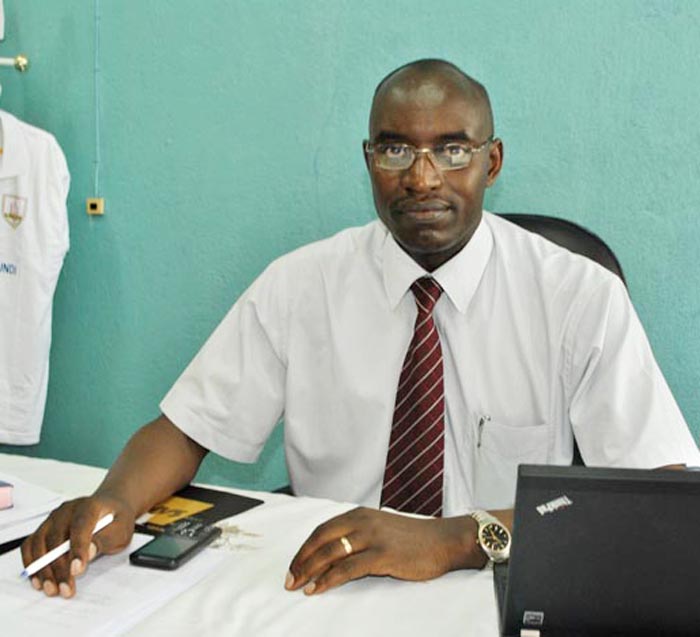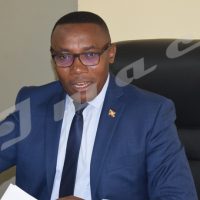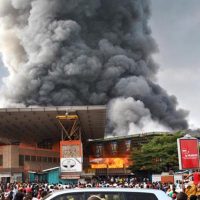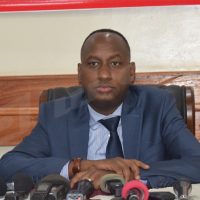Burundi is a Member State of COMESA, CEEAC, EAC and CEPGL and has signed partnerships with other regional economic organizations. What is the value of these economic blocs?-By J.BerchmansSiboniyo
Dr. Léonidas Ndayizeye, the Dean of the faculty of Economic Sciences and Management at the University of Burundi feels that Burundi should pick one community and fully exploit the opportunities from the regional economic cooperation. “To adhere to an economic community implies financial contributions that each member state is required to make. When a state belongs to many economic organizations the more itcontributes. The main objective of belonging to an organization is to gain something from it. Nevertheless, Burundi risks gain ingless than what it contributes to these economic communities”, Dr. Léonidas Ndayizeye states.
He explains that many African countries are lured into regional economic communities by certain advantages and quickly sign up.
The advantages generally include free movement of people and products within the community area. Member States may also work together to achieve projects that maybe beneficial for their population. “But in most cases the gain is less than the contribution. Burundi for example belongs to the Common Market for Eastern and Southern Africa (COMESA), a community composed of 19 Member States that don’t have much in common. Cultures, customs, languages and productivity are miles apart. It is not easy to exploit the opportunities provided by a community such as this, when the priorities and the preferences are different”, hesays.
Dr. Ndayizeye suggests that the Burundi government should investigate the costs and benefits of these different economic communities. “As an individual who has some authority in Regional Integration, I am sure that the country will realize that it got less than it expected before joining”, he affirms.
Dr. Ndayizeye therefore advises Burundi to belong to only one regional organization; to nurture the bond and study the waysitcan exploit the opportunities offered by the organization. That way, it may fully profit from it, rather than spending more in shattered contributions to different organizations. He proposes a focus on the East African Community (EAC). “Three of the member states share a similar history. Kenya, Uganda and Tanzania were all colonized by England. They share the same official language (English), culture and customs. Rwanda and Burundi also have a similar history. Working together in the same community becomes beneficial for all members because they have more in common than they do with other countries and economic communities”, he says.
Philippe Njoni, the former Minister of Transport, Post and Telecommunications explained in 2010 that Burundi adhered to many regional economic organizations in order to reduce the country’s isolation and permit the opening up to the rest of the continent. “Wewant to put an end to the geographical isolation that is why Burundi is a member of many different regional economic blocs”, Njonisaid in an interview withXinhua News Agency, during a regional meeting in Cameroon.
Economy professor Dr. Léonidas Ndayizeyeagreesthatopening up the country has some economic benefits, but fears that Burundi has over done it.
——————————————————————————————————————————————————-
COMESA (Common Market for Eastern and Southern Africa) was created in the vision of facilitating the removals of the structural and institutional weaknesses of Member States so that they are able to attain collective and sustained development.
EAC (East African Community) is a federation consisting of five countries, with the goal of creating a common currency and eventually a full political federation.
CEPGL (Economic Community of the Great Lakes Countries) was created to reinforce the cooperation between the member States and respond to the aspirations of their populations and consolidate the brotherhood and integrated solidarity in economic, technical, financial and cultural domains. CEEAC (Communauté économique des États de l’Afrique Centrale) was created for the economic, social and cultural development of Africa in the vision of creating regional structures that lead to the common market.




















 IWACU Open Data
IWACU Open Data

